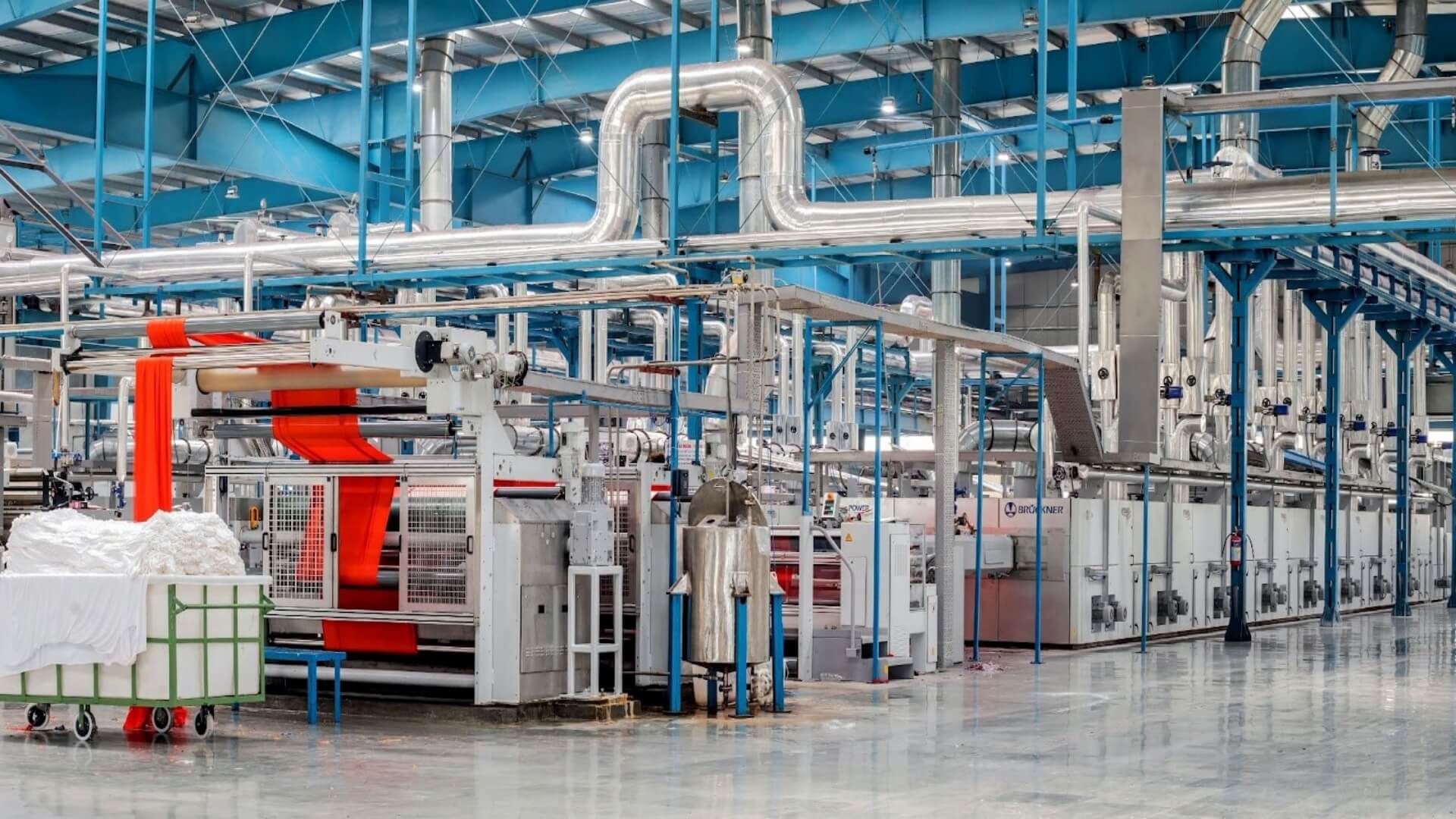
With efforts being made globally to phase out the use of petrol and diesel-powered vehicles in the coming years, several companies have stepped up to research and develop innovative technologies for electric vehicle expansion. One such company was Britishvolt, a British-based startup that was poised to develop the premier and largest battery gigafactory in the UK. With a focus on the Northumberland region, Britishvolt made a few crucial moves — including the purchase of a factory in Cambois — to inch closer to its dream of this £3.8 billion battery plant.
Unfortunately, the company soon began to face business hurdles. Following the resignation of CEO Lars Carlstrom in late 2020, Britishvolt could not attract investors and raise funding. The startup soon ran out of money, and by January 23, all growth plans had fallen through, with the company going insolvent and relinquishing control to administrators.
Enter Recharge Industries
As it turns out, Australian-based company Recharge Industries has seen a valuable opportunity. Led by CEO Rob Fitzpatrick and David Collard of Scale Facilitation Partners LLC, Recharge Industries secured a bid to take over Britishvolt and is currently on the verge of finalising the deal. Recharge has developed a playbook for exploiting the high EV demand in the UK, and it hopes to build a successful enterprise with Britishvolt.
Interestingly, Recharge Industries will erect the Britishvolt factory at the same time as it develops another manufacturing plant back in Australia. The company will also exploit some of the partnerships earlier struck by Britishvolt in ensuring raw material availability and supply chain efficiency. Moreover, this effort by Recharge and Scale Facilitation is set to ignite a chain reaction of competitive battery manufacturing for EVs in the UK region.
All Change in the UK’s Automobile Landscape
If this gigafactory gets up and running, the UK could be a significant competitor in electric mobility. Besides creating thousands of jobs and boosting economic output, such a plant would undoubtedly attract the attention of EV manufacturers to set up facilities in the UK. Gradually, this would reduce the company’s dependence on other countries and corporations for a successful supply chain.
In the long term, a rejuvenated Britishvolt would lead to reduced use of petrol-powered cars and contribute to the UK’s ambitions for net zero carbon emission.
With an increase in EV manufacturing and sales, consumers could begin to push for regulation shifts that support increased EV adoption in the UK. One such shift would involve the HMRC mileage rates, which can influence the car choices of those travelling for business. They are currently at a flat rate of 5p per mile for EVs and up to 25p per mile for petrol cars; increasing the latter rates would incentivise car owners to opt for EVs, boosting the demand for and subsequent output of high-range EV batteries from Britishvolt.
Now that these efforts are in motion, it is worth watching the UK’s EV industry for at least the next few years. What is expected is a confluence of technology and talent for clean mobility, springing from Britishvolt in Northumberland to other cities in the UK and innovating with the full support of the UK government — which is committed to attaining net zero carbon emissions by 2050. As to what would be seen, only time will tell.




















